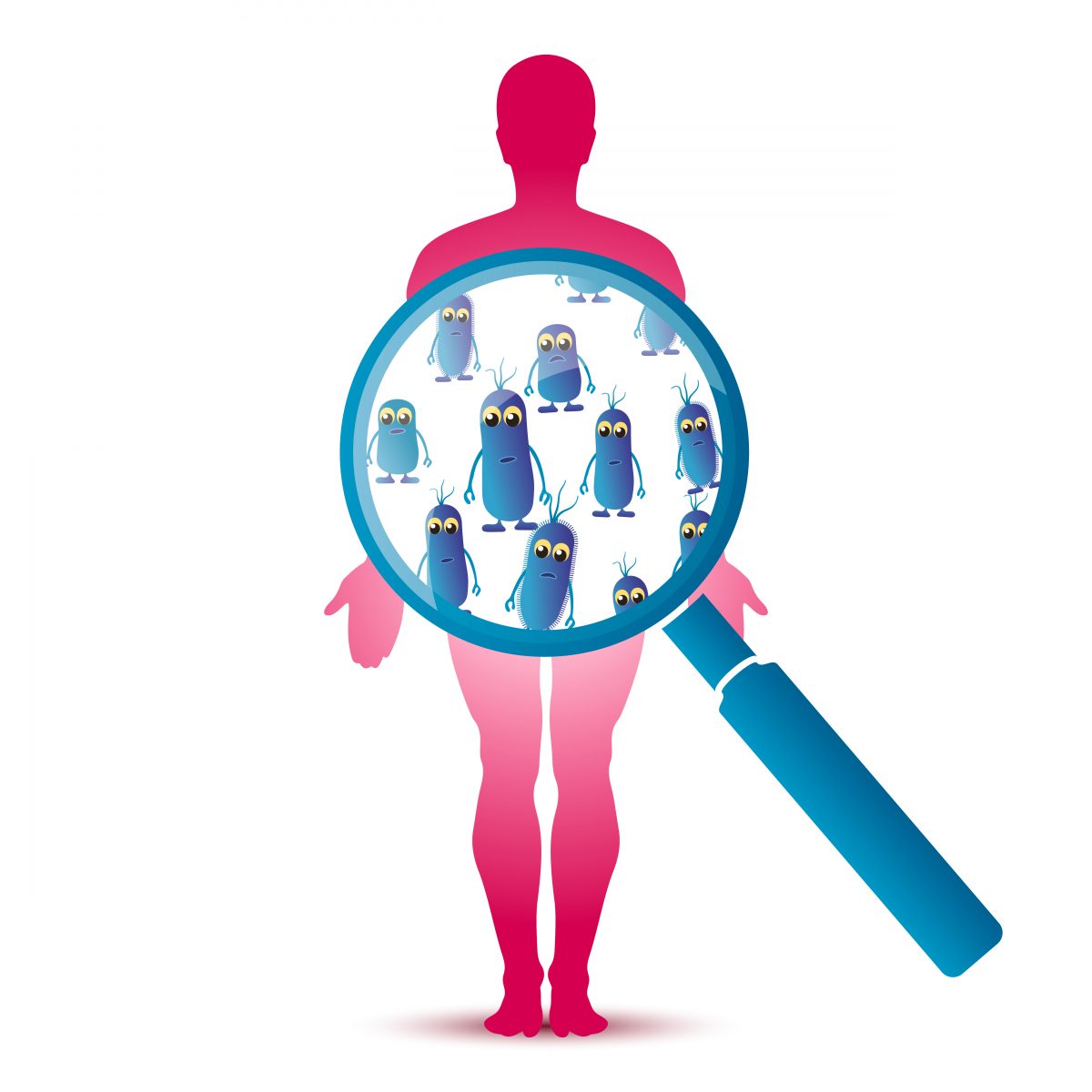Harmless Bacteria in the Body May Trigger Autoimmunity in Some People, Study Reports
Written by |

Harmless bacteria that live in the skin, mouth and gut may trigger autoimmunity in people who are genetically disposed to it, according to a study with lupus implications.
This means that targeting what scientists call commensal bacteria could be a way to development treatments for lupus and other autoimmune diseases, researchers said. Autoimmune disorders involve the immune system attacking healthy tissue instead of invaders.
The study, “Commensal orthologs of the human autoantigen Ro60 as triggers of autoimmunity in lupus,” was published in the journal Science Translational Medicine.
About half of lupus patients generate autoantibodies against the RNA binding protein Ro60. The rate is up to 90 percent for those with a skin-related lupus disorder called subacute cutaneous lupus erythematosus, or SCLE. And it’s even higher in newborns with neonatal lupus erythematosus, or NLE.
Although antibodies against Ro60 are common in lupus, scientists have yet to learn a lot about the conditions that prompt the immune system to target the protein.
Since the gut carries trillions of R060 bacteria, a research team hypothesized that autoimmune-predisposed people are at higher risk of generating antibodies against the protein. The antibodies would trigger autoimmunity by attacking healthy cells.
Researchers analyzed blood samples of lupus patients who produce antibodies against R060 and those who didn’t.
In patients that generate the antibodies, a key finding was that bacteria called Propionibacterium propionicum that are in skin and mucus can activate immune T-cells that fight R060. The same wasn’t true of lupus patients who don’t generate Ro60 antibodies.
For another experiment, the research team engineered mice to have no commensal bacteria. When they introduced R060-generating commensal bacteria to the mice’s skin and mouths, the animals’ immune system went after the protein.
Overall, the results supported the notion that bacteria that generate R060 can trigger and sustain autoimmune responses in people who are genetically predisposed to them.
“Persistent, commensal-induced autoreactivity mediated by microbial orthologs [bacteria] could represent a novel paradigm to explain parts of the pathogenesis of not only lupus but also other chronic immune-mediated diseases,” the researchers wrote.




